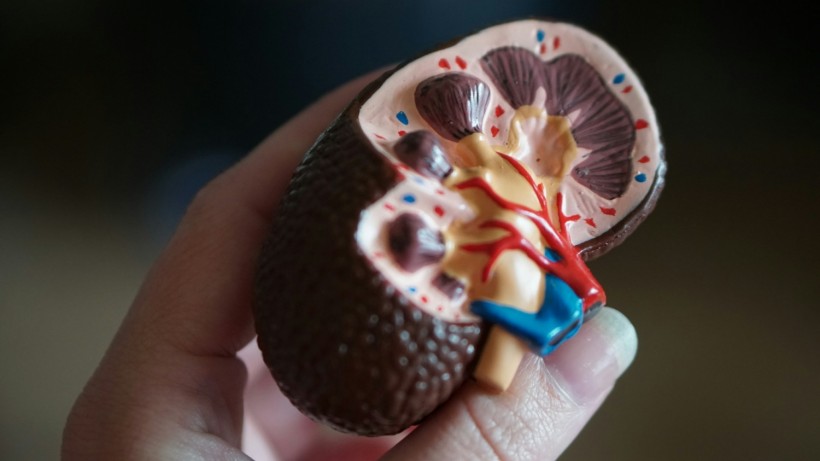Our kidneys are essential organs that perform many vital functions to maintain maintenance. As our body's filtering system, its main job is to remove waste products and excess fluid from the body.

Living With Only One Kidney
Normal people possess a pair of kidneys that work together to filter the blood pumped by the heart. However, there are cases when an individual may have just one kidney.
A person may be born with only one kidney, in a condition known as unilateral renal agenesis. Some are born with bilateral renal agenesis, where both kidneys and ureters are missing. It is estimated that 1 in 2,000 babies are born with unilateral renal agenesis, while bilateral renal agenesis is less common, affecting only 1 in 8,500 newborns.
There is also a case where a person is born with two kidneys, but only one of them works. This is known as kidney dysplasia, a medical condition that results from a fault in early kidney development. Renal dysplasia is a rare disease affecting 1 in every 2,300 newborns.
Having only one kidney may also result in a nephrectomy. It refers to the surgical removal of a kidney that has developed an obstruction or a tumor. It may also be required if the kidney has sustained a severe traumatic injury after an accident.
Nephrectomy can be radical, where an entire kidney is removed, or partial, where only a portion is removed, and the healthy tissues are left in place. Every year, thousands of nephrectomies are performed in the US.
Being a donor may also leave a person with only one kidney. In kidney transplantation, surgery is done to place a healthy kidney from a living donor into a person whose kidneys no longer function properly.
READ ALSO: Can Kidneys Repair Themselves? Yes, Study Says
Can You Live With Only One Kidney?
It is common for humans to have two kidneys, but we need only one kidney to stay active and healthy. One kidney can filter enough blood to ensure the body will function normally. This is why it is entirely possible to survive with only one kidney.
Most people with a single, healthy kidney will encounter only a few problems. For some, they may experience long-term health problems.
Those who are born with only one kidney or had a surgical removal of this organ during childhood may have a slight loss in renal function later in life. This may take 25 years or more to happen. They can also experience high blood pressure after many years. Still, the loss in kidney function is usually very mild, and the life span of the affected person is average.
If you have only one kidney, the recommendations for healthy living are the same for people with two kidneys. These include eating a healthy diet, exercising regularly, and maintaining a healthy weight. They are also advised to stay hydrated, maintain normal blood pressure and blood sugar, and consult doctors regularly for checkups.
RELATED ARTICLE: Top 10 Drugs That Cause Kidney Damage: What You Need To Know
Check out more news and information on Kidney in Science Times.














